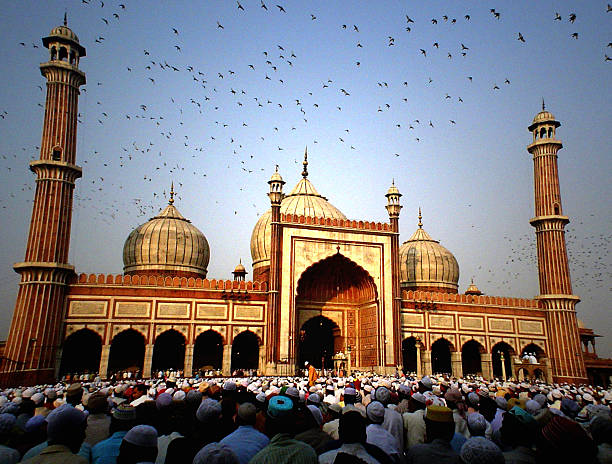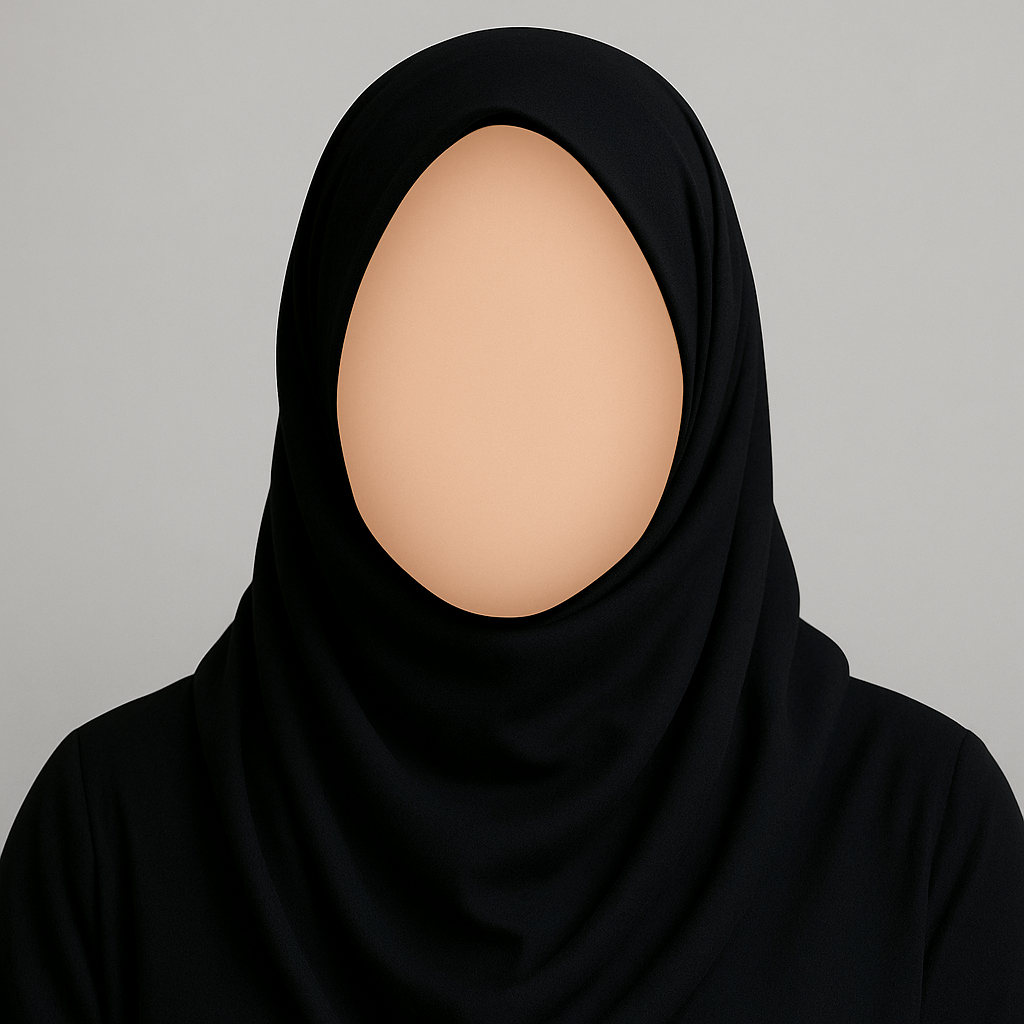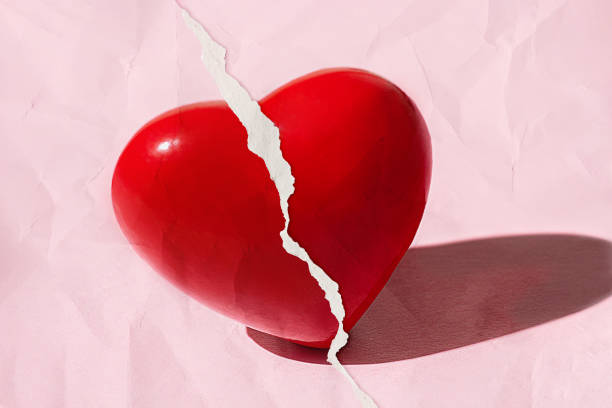AT THE END OF THE MONTH (III)

In the Name of Allāh.
Special appreciation goes to Allāh for the gift of Islām. This morning, let’s discuss ‘Eid. In Islām, there are only two yearly legislated celebrations: ‘Eid al-Fiṭr, which follows Ramaḍān, and ‘Eid al-Aḍḥa, celebrated after the rites of ‘Arafah. These events hold immense significance for Muslims, who should prioritize them over other festivities. They represent a joyous occasion filled with worship and enjoyment, all conducted in lawful manners without any sins — avoiding both laxity and extremism. Thus, these days should truly stand out from ordinary days.
It’s essential to highlight that attending the ‘Eid prayer is of utmost importance, to the extent that women are also encouraged to participate. However, women must demonstrate their fear of Allāh by dressing modestly when heading out for the ‘Eid prayer, adhering to the Sharī’ah-compliant Ḥijāb. Umm ‘Atiyyah (Raḍiyallāhu ‘Anha) reported: The Prophet (ﷺ) commanded us to bring women out for ‘Eid al-Fiṭr and ‘Eid al-Aḍḥa, including adolescent girls, menstruating women, and virgins. The menstruating women, however, were instructed to stay away from the prayer but could still observe the goodness and gathering of the Muslims. I asked: O Messenger of Allāh, what if one of us does not possess a Jilbāb?” He replied: “Let her sister (i.e., if there are siblings) lend her a Jilbāb.” [Ṣaḥīḥ al-Bukhārī 971, Ṣaḥīḥ Muslim 890]
This Ḥadīth indicates that the Jilbāb is recognized and was indeed made mandatory for Muslim women during the time of the Prophet (ﷺ). Shaykh Ibn Ḥumayd (Raḥimahullah) remarked, “Allāh has mandated Ḥijab for women and instructed them to remain in their homes, not to display themselves, and to step outside only when necessary, maintaining modesty and concealment from men.” [Ad-Durar As-Sanniyyah 15/266]
Imām Aḥmad (Raḥimahullāh) stated that attending ‘Eid prayer is a Farḍ Al-Kifāyah (communal obligation). In contrast, Imām Mālik and Imām Ash-Shafi’ī (Raḥimahumullāh) viewed it as Sunnah Mu’akkadah (an emphatic or confirmed Sunnah), whereas Imām Abū Ḥanīfah (Raḥimahullāh) considered it an obligation specifically for men. [Refer to al-Majmū’, 5/5; al-Mughnī, 3/253; al-Insāf, 5/316; al-Ikhtiyārāt, p. 82]
Consequently, Shaykh Ibn Uthaymīn (Raḥimahullāh) stated: “In my opinion, based on the evidence, the more likely correct view is that it is Farḍ ‘Ayn (an individual obligation) and that it is compulsory for every male to attend the ‘Eid prayer, except those with valid excuses.” [Majmū’ al-Fatāwā 16/217] Regarding the perspective that it’s Farḍ ‘Ayn, Shaykh Ibn Bāz (Raḥimahullāh) mentioned: “This view appears to be more accurate based on the evidence.” [Majmū’ al-Fatāwā 13/7]
In shā Allāh, we will continue this discussion tomorrow.
I beseech Allāh to keep us on the path of goodness and allow us to joyfully celebrate the upcoming ‘Eid. Aameen.
Picture Credit: Gettyimages



